AS Nigerians lament the gross infrastructural deficit and poor basic public services, vandalism is aggravating the situation. The recent arrest of 50 persons who stole manhole covers in the Abuja metropolis underscores the pervasive trend and demands decisive action from the government through law enforcement agencies.
Unfortunately, the Abuja incident is not an isolated case, several public assets are plundered by miscreants and opportunists, making the government’s attempt to close the infrastructural gap nearly impossible.
In Lagos, the theft of manhole covers is rife, often posing grave danger to safety, and causing accidents for motorists and pedestrians. Vandals have repeatedly plundered the accessories of the Third Mainland Bridge, compromising the aesthetics and safety measures. The routine repairs of the 11.8 km-long bridge cost N15.6 billion in six years.
Also, the expansion joints of the newly constructed Second Niger Bridge were stolen in June.
Beyond roads, the transmission cables, and transformers that enabled distribution in the power sector are vandalised repeatedly, plunging Nigeria into darkness. The Transmission Company of Nigeria spent N5 billion to repair and replace electricity equipment damaged or stolen by vandals between January and May last year. The government says it would need at least N12.8 billion to reconstruct more than 117 power transmission towers vandalised between January and February 2024.
In the oil and gas sector, pipeline vandalism poses a significant challenge and impedes Nigeria’s revenue targets. According to the Nigeria Extractive Industries Transparency Initiative, there were 7,143 pipeline vandalism cases leading to accrued losses of N471 billion in five years. The activities of oil vandals have contributed to the divestment of international oil and gas oil companies in the upstream sector.
The telecommunications sector suffers a similar fate, leading to convoluted service strains and revenue losses. In 2023, the Nigerian Communications Commission lamented the destruction of over 50,000 km of fibre optic cables and other telecommunication infrastructure.
In its Q2 2023 report, it stressed that 30 per cent of all reported network outage incidents were caused by infrastructure vandalism. Mobile Network Operators and other telecom service providers stated that they spent at least N14.6 billion to fix damages caused by vandalism.
Therefore, the vandalism of critical public assets should be considered a serious offence; anyone found guilty or vicariously involved should not be spared the wrath of the law. There must be convictions to send a resounding message to the criminals.
In addition, the penalties for vandalism must be revised to include lengthy prison sentences, mandatory public service, and public naming and shaming of offenders to deter such treasonable acts.
The government must invest robustly in modern CCTV cameras, drone patrols and other surveillance systems to safeguard critical infrastructure.
Community policing and whistle-blowing programmes, incentivised by rewards, could empower citizens to report suspicious activities without fear of reprisal. This collective responsibility will be further bolstered when there are sensitisation programmes encouraging citizens to see public infrastructure as shared patrimony rather than a resource to be exploited.
The irony of the situation is that political corruption encourages citizen impunity as unemployment and poverty, in the face of financial recklessness and irresponsible display of opulence by a tiny band of elite, lends credence to the view of plundering public property as an attempt to share in the ‘national cake.’
Therefore, the government must emplace viable job creation and entrepreneurial programmes that serve as sustainable alternatives to criminality. It must tackle poverty by improving the overall economic condition of the country.
At the root of the rapacious vandalism is a thriving and unregulated metal scrap market which feeds recycling hubs and industries. The government must implement policies to serve as bulwarks to illicit sourcing of recyclable materials and enforce sanctions against unlicensed and unethical scrap dealers.

 3 hours ago
2
3 hours ago
2

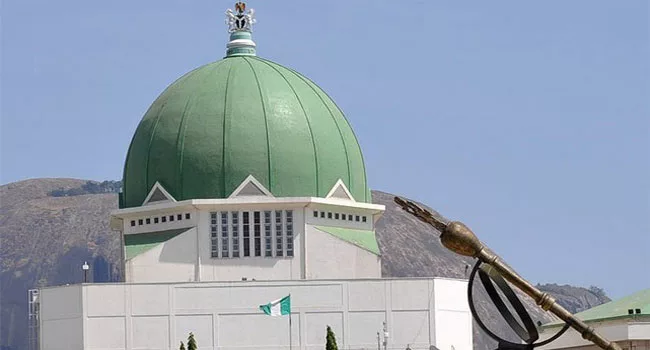
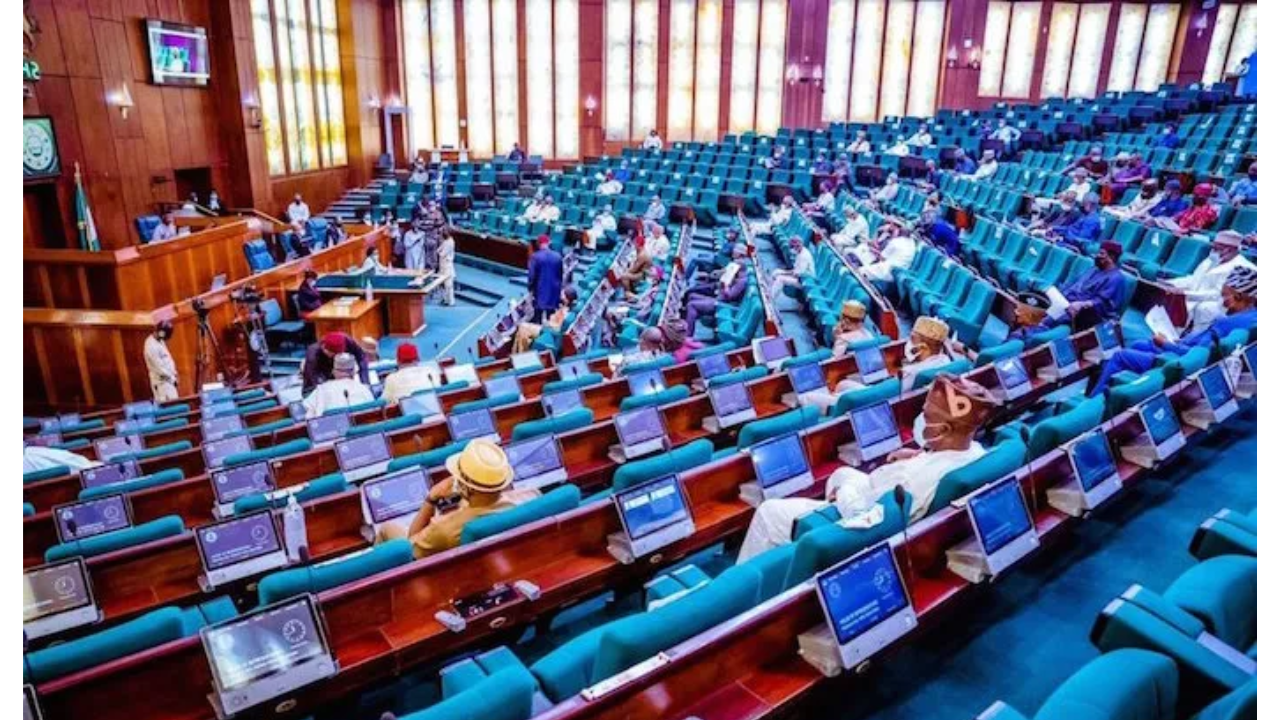


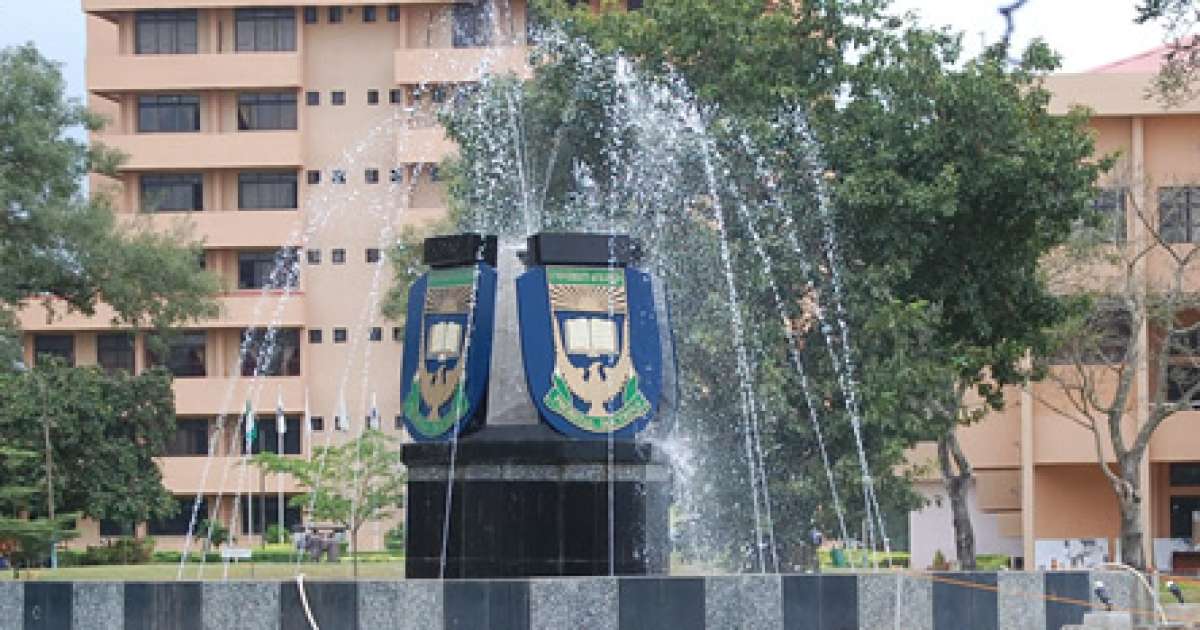

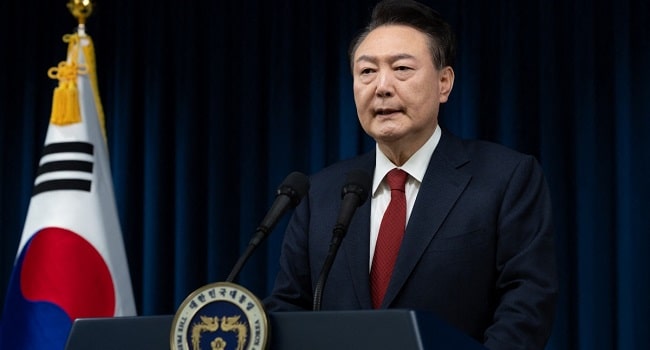
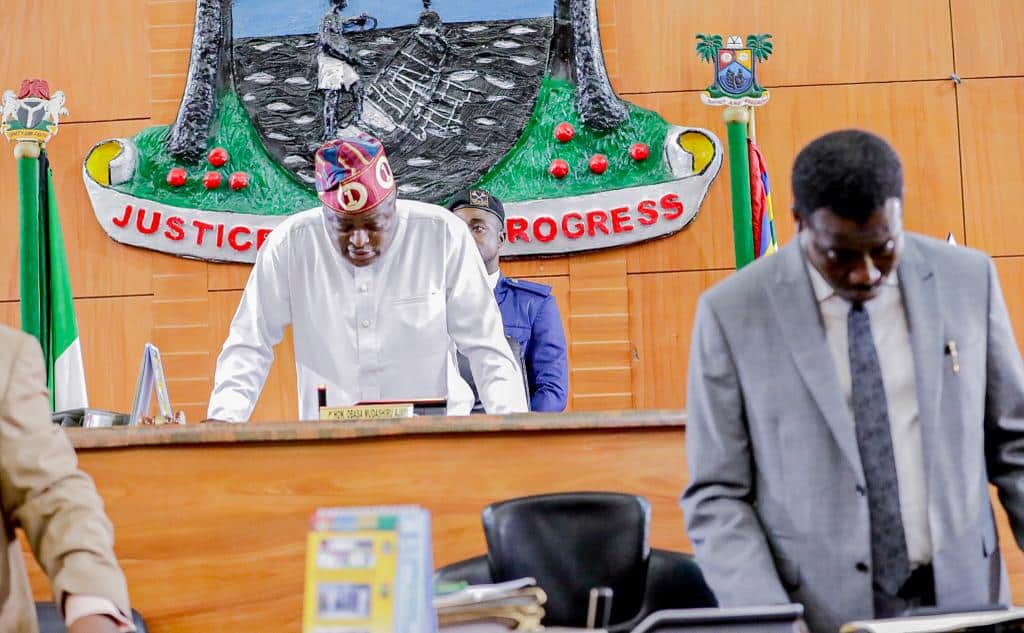
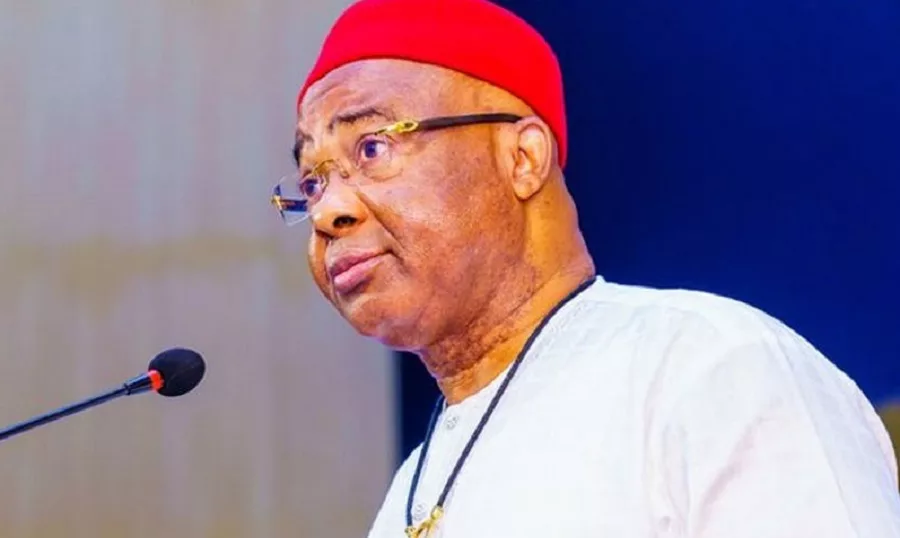
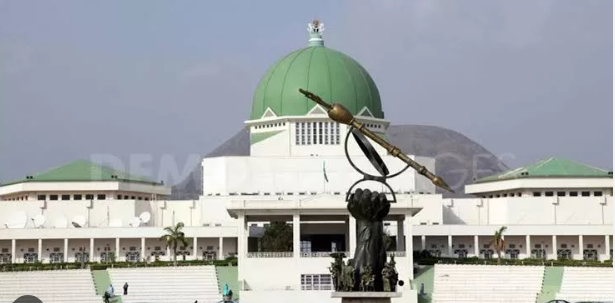

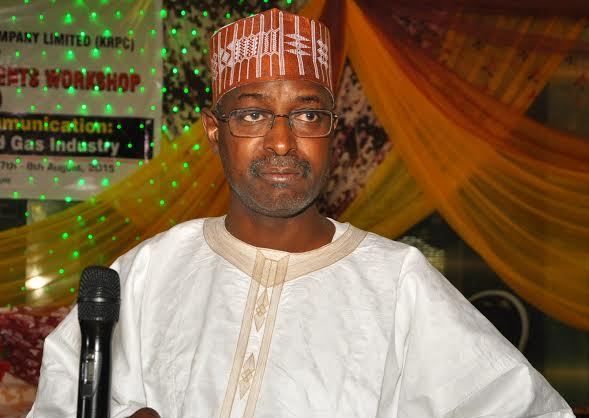


 English (US) ·
English (US) ·